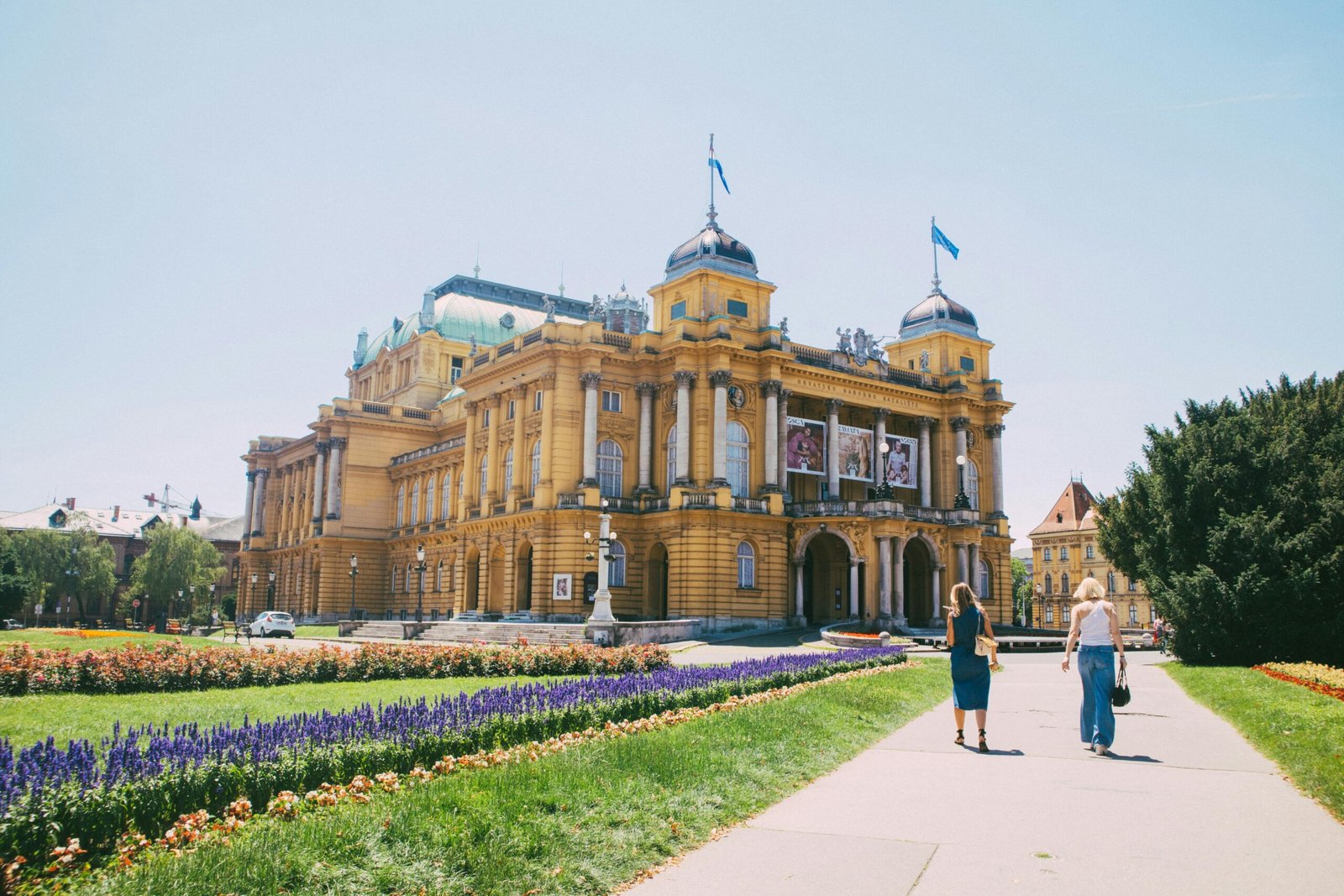The Convention on the Rights of the Child (UN, 1989, Art. 29) emphasizes the need for education to be directed towards respecting parents, children’s cultural identities, languages, and values. The right to education is a fundamental right of the individual, and parents are primarily responsible for their child’s education. Early and preschool institutional education shares the responsibility for the development of young children, making collaboration between these institutions and families essential.
This requires educators to continuously research and develop, assuming multiple roles as both teachers and learners. Given these responsibilities, educators must have knowledge of interacting with the social and physical environment, especially with families, hold affirmative attitudes towards cooperation, and accept parents as partners while continually developing their skills. It is crucial for educators to develop social competencies and quality communication as a means of development, adopt an intercultural approach, and possess leadership and problem-solving skills. Educators are expected to demonstrate responsibility, dedication, and commitment to introducing new organizational approaches and learning methods. Educators interact daily with parents who can provide optimal developmental conditions for their children and with those who cannot, due to unfavourable socio-economic conditions or other specific factors.
Training educators through active participation in course can significantly contribute to developing competencies for creating optimal conditions for understanding, accepting, and developing collaborative relationships with parents and families, with particular emphasis on families in disadvantaged positions.
Learning Outcomes:
- Comprehend the concept of family diversity from intercultural perspectives; differences based on socio-economic living conditions; and differences concerning the specific needs of children (gifted children, children with developmental challenges) and act and collaborate with them, accepting and respecting these diversities
- Act in accordance with the understanding of the importance of relationships and their dynamics among individuals
- Integrate contemporary curricula, respecting the latest advancements in science and practice, to create an environment for personal and professional growth
- Plan, organize, implement, and evaluate cooperation with families and partnerships based on the context of their institutions and educational groups.
Overall objectives of the mobility:
- To enhance educators’ competencies for working with families of children enrolled in early childhood education settings. The course focuses on interactions between educators and parents, or other family members involved in the child’s education. It empowers educators to understand, initiate, organize, and develop collaborative relationships through an individualized approach to both children and their families.
Recommended for Participation:
- VYL / YL teachers, teachers, teacher educators, trainers
- English level B1- B2
Syllabus of the Education by Days
- Day 1
Welcome and course overview
Introduction of participants
Discussion: Do we really welcome everybody?
Contemporary families
Collaborative hands-on activities - Day 2
Teachers’ competences for working with families
Partnership and/or cooperation
Communication with families
Collaborative hands-on activities
Presentation of outputs and peer reviews - Day 3
Respecting differences
Support to different families
Strategies for support
Collaborative hands-on activities
Presentation of outputs and peer reviews - Day 4
Families as an active/passive participant in the collaborations
Child as an active participant in the collaborations
Tools for fostering new(er) forms of communication
Collaborative hands-on activities
Presentation of outputs and peer reviews - Day 5
Working with families in the risk of social exclusion
Developing strategies for working with “all our families”
Peer review
Course evaluation
Course package fee: 500,00 EUR
- Tuition fee and training material for 5 days
- Certificate of attendance/Competence
- Europass mobility certificate
- Administration & Registration fees
- Certification fees
- Coffee breaks
Dates:
- 24.8. – 28.8.2026., Dubrovnik
- 31.8. – 4.9.2026., Zagreb
Location: Dubrovnik

Location: Zagreb

